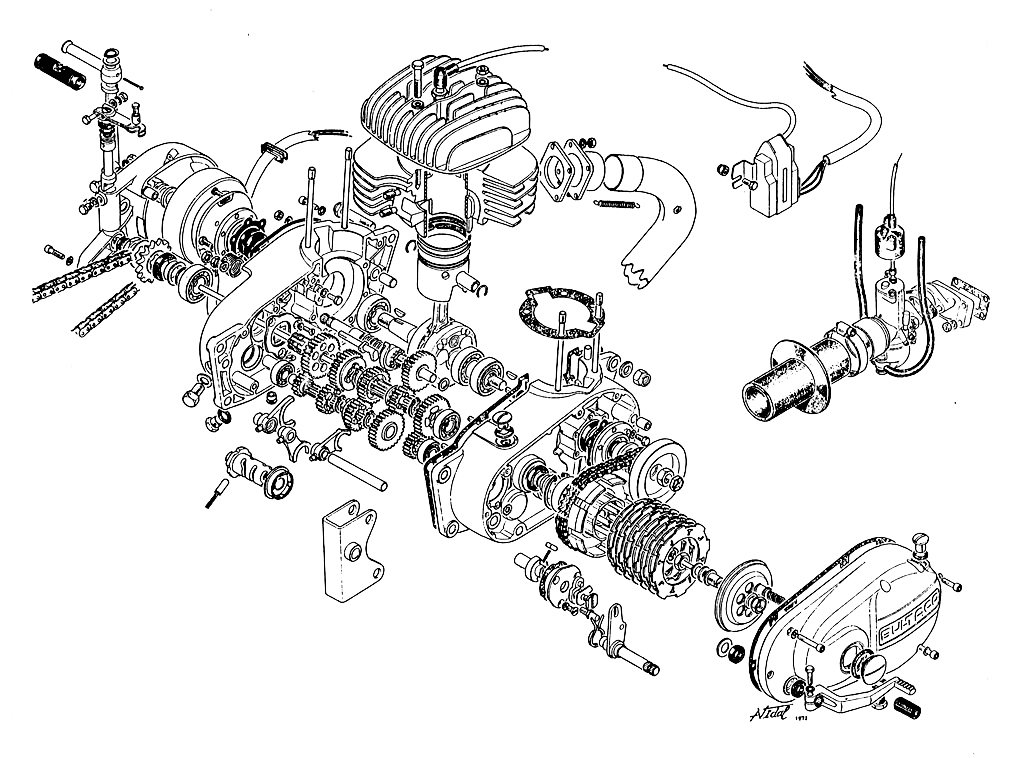
Perfectionism
I have a problem. I’m a perfectionist.
But not the good kind, where you work tirelessly to produce something that’s just right in every way. No, I work very hard and I try to make things great, but I still make tradeoffs to ship something and get feedback, to release when there’re diminishing returns on continued work.
Instead, I have the kind of perfectionism where I make mistakes, and then beat myself up over them afterwards. I think of all the ways I could have done something better (good) and then tell myself I should have done them that way the first time (bad).
I’m not alone here. I’ve seen this in others—others who are great at their jobs. The tragedy of this mindset, of holding ourselves to an unattainable standard, is that no matter how hard we work, we never get to enjoy our successes. We never get a chance to feel proud of what we’ve done, even though it’s quite pride-worthy.
I’ve thought about this a lot, and have come up with a way to try to mitigate this problem. I’ve used it with some success, though it’s definitely not a cure-all. I post it here to get it off my chest and solicit thoughts from others.
It consists of being aware of 3 crucial aspects of the work you did:
- Did you work hard? Did you focus and put your all into the task, or did you let a lack of motivation allow you to ignore problems you could have solved?
- Did you learn from your mistakes? Do you feel confident that your skills and methods have improved?
- Finally, what did you do well? If you made trade-offs, what was the upside of them? What did you do to improve the lives of your customers and clients?
I think focusing on those aspects allows you to continue to be self-critical, but keep it constructive and still hold yourself to a rational standard of success.
I saw an old blog post on this topic from Andrew Chen, Why you’ll always think your product is shit, where he quotes a conversation he had with Matt Silas at Pixar:
Me: “What’s your favorite Pixar movie?”
Matt: *SIGH*
Me: “Haha! Why the sigh?”
Matt: “This is such a tough question, because they are all good. And yet at the same time, it can be hard to watch one that you’ve worked on, because you spend so many hours on it. You know all the little choices you made, and all the shortcuts that were taken. And you remember the riskier things you could have tried but ended up not, because you couldn’t risk the schedule. And so when you are watching the movie, you can see all the flaws, and it isn’t until you see the faces of your friends and family that you start to forget them.”
(Go read the rest and subscribe to his blog.)
What got me was that last part: when he watches friends and family watch the movie, he can focus on what he created, rather than what he didn’t. Not only does it allow you to focus on what you did well, but it’s a much better standard for whether what you did is actually good.